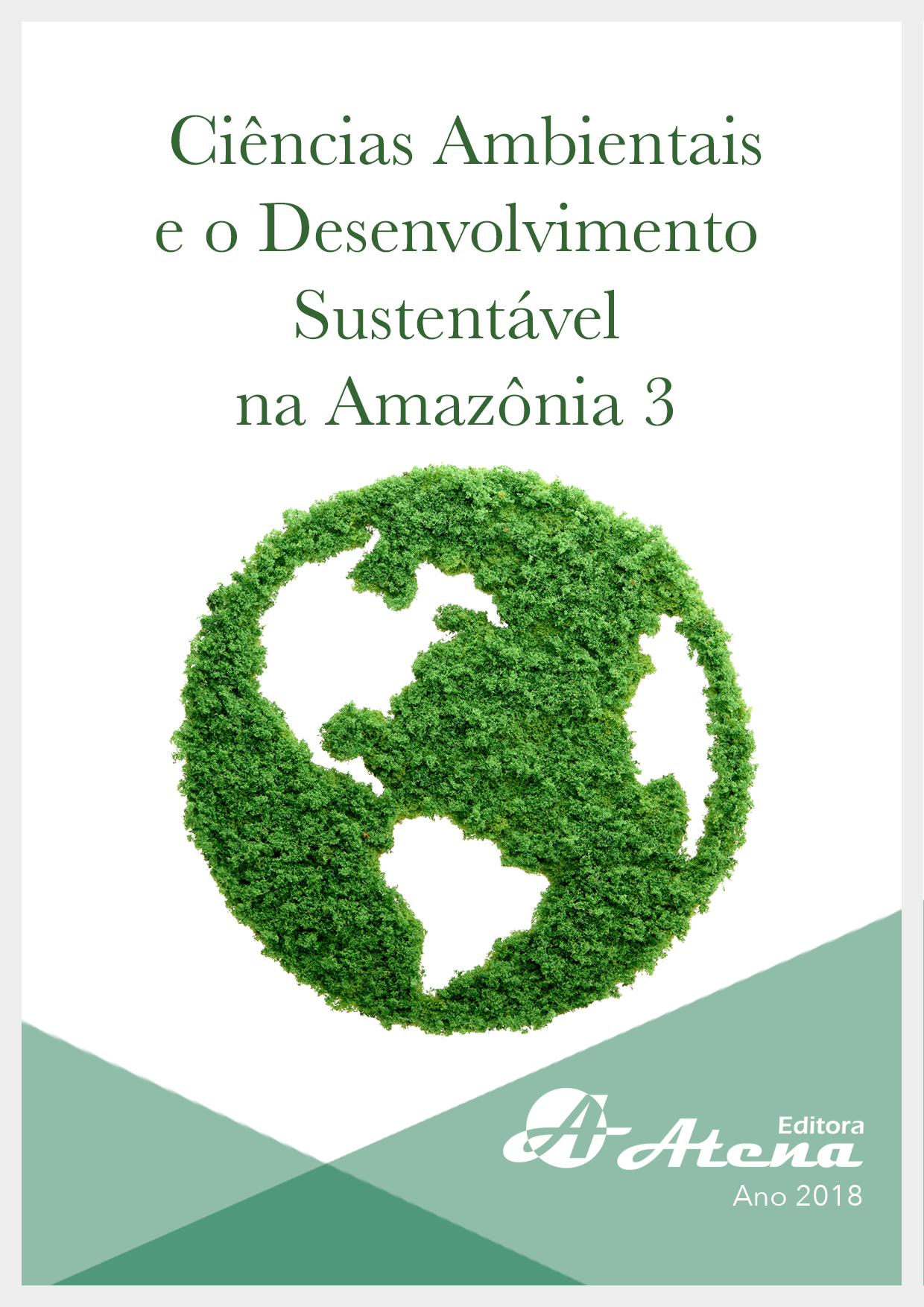
A IMPORTÂNCIA DO CADASTRO AMBIENTAL RURAL PARA A AVALIAÇÃO DE IMPACTOS AMBIENTAIS ORIUNDOS DO CULTIVO DE EUCALIPTO
O eucalipto (Eucalyptus ssp) é uma
das espécies exóticas mais utilizadas no Brasil,
para fins comerciais de produção de papel,
carvão e móveis. Em função do crescimento
dos cultivos de eucalipto, há o aumento dos
impactos ambientais negativos sobre o solo,
água e a biodiversidade nativa. Com isso, a
pesquisa objetivou realizar uma Avaliação
de Impactos Ambientais – AIA, dos impactos
gerados pelo cultivo do Eucalipto, do gênero
Eucalyptus. O método utilizado foi o dedutivo,
com pesquisa de natureza analítica qualitativa
e abrangência explicativa, para propor,
como técnica à produção dessa espécie, a
elaboração do Cadastro Ambiental Rural –
CAR, com a finalidade de mitigar os impactos
ambientais negativos gerados por esse cultivo.
Os dados obtidos e analisados indicaram que
o cultivo do eucalipto impacta de forma direta
o solo, provoca delapidação de micronutrientes
como, por exemplo, Cálcio (Ca), Magnésio
(Mg) e Potássio (K), além do lençol freático, em
função de uma necessidade hídrica elevada.
Com isso, determina uma diminuição na oferta
de água para outras espécies vegetais com a
qual está consorciada. Em relação ao aspecto
econômico, esta cultura contribui diretamente
para o crescimento do país, uma vez que possui
um ciclo de corte relativamente curto, em média,
quatro anos. Dessa forma, a utilização da AIA
é fundamental para a elaboração do CAR a
fim de normatizar o cultivo desta espécie para
mitigar os impactos ambientais sobre o solo e
os lençóis freáticos.
A IMPORTÂNCIA DO CADASTRO AMBIENTAL RURAL PARA A AVALIAÇÃO DE IMPACTOS AMBIENTAIS ORIUNDOS DO CULTIVO DE EUCALIPTO
-
DOI: Atena
-
Palavras-chave: Desertificação. Mitigar. Monitoramento.
-
Keywords: Desertification. Mitigate. Monitoring.
-
Abstract:
Eucalyptus (Eucalyptus ssp) is
one of the exotic species most used in Brazil
for commercial paper, coal and furniture
production purposes. Due to the growth of
eucalyptus plantations, there is an increase in negative environmental impacts
on soil, water and native biodiversity. With this, the research aimed to carry out an
Environmental Impact Assessment (EIA) of the impacts generated by the cultivation
of Eucalyptus, of the genus Eucalyptus. The method used was the deductive one,
with research of qualitative analytical nature and explanatory scope, to propose, as a
technique for the production of this species, the elaboration of the Rural Environmental
Register - CAR, in order to mitigate the negative environmental impacts generated
by this crop. The data obtained and analyzed indicated that the eucalyptus cultivation
directly impacts the soil, causing micronutrients to be depleted, for example, calcium
(Ca), magnesium (Mg) and potassium (K), in addition to the water table, as a
function of a high water requirement. Thus, it determines a decrease in the supply
of water to other plant species with which it is consorted. Regarding the economic
aspect, this culture contributes directly to the growth of the country, since it has a
relatively short cut cycle, on average, four years. In this way, the use of EIA is
fundamental for the elaboration of the CAR in order to standardize the cultivation of
this species to mitigate the environmental impacts on the soil and the.groundwater.
-
Número de páginas: 15
- Lucas Henrique Fernandes Resueno
- Mario Marcos Moreira da Conceição
- Celiane Lima dos Santos
- Maiconsuel da Costa Frois
- Relrison da Costa Favacho
- Antonio Pereira Junior


